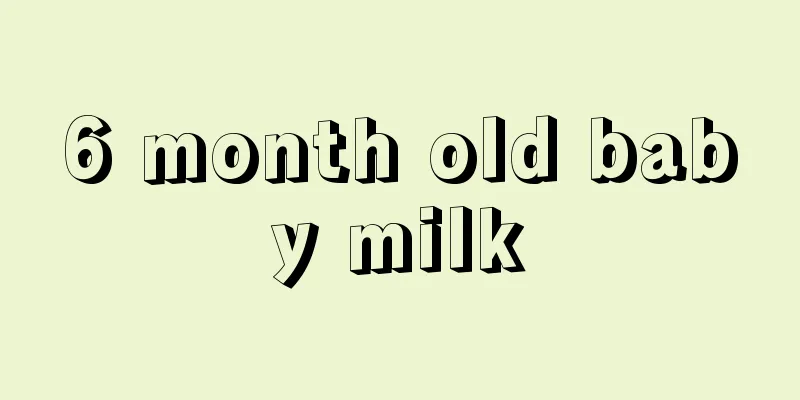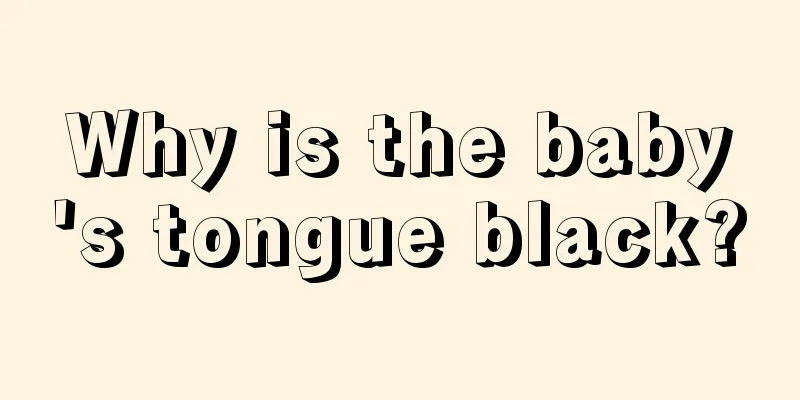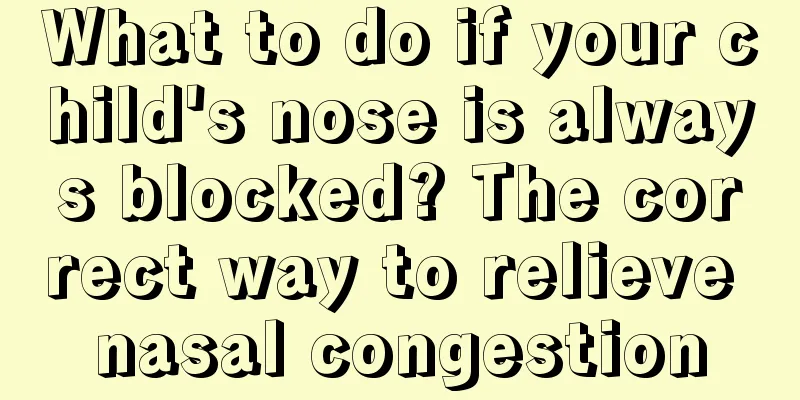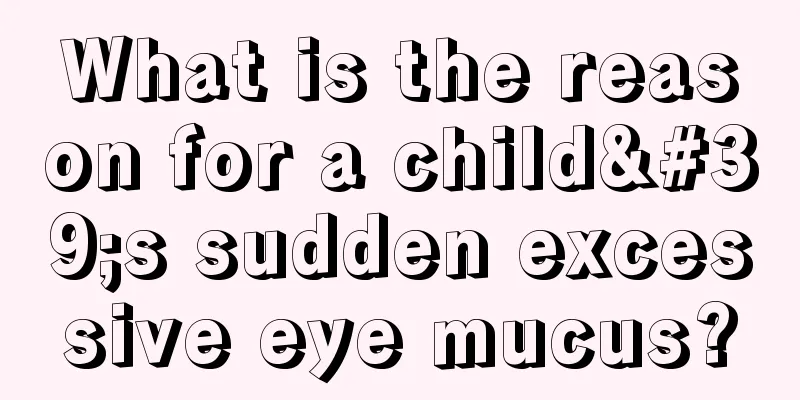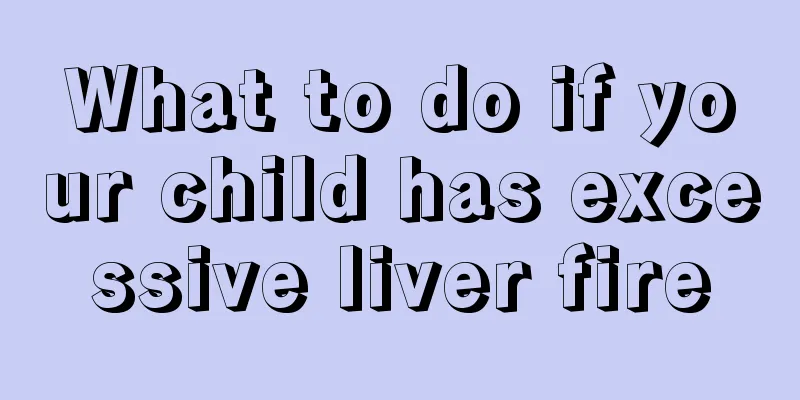What should I do if my baby’s front teeth have cavities?

|
Children start to grow baby teeth at around five months old. Generally, the two lower teeth grow first, followed by the front teeth. By the time they are four or five years old, most of the baby teeth have grown in. If children often like to eat sweets, such as candy, cake, chocolate, etc., they may get cavities. Some people do not take this seriously. So how should we view cavities in children's front teeth? Tooth decay is common in children, but many parents think that “baby teeth have to be replaced anyway” and ignore their children’s tooth decay, allowing the small holes in the teeth to slowly turn into big holes. It is not until the children have toothaches, cannot sleep, and cannot eat that parents rush to take them to the hospital. If a child's cavities are not filled in time, not only will he lose a deciduous tooth prematurely, but he may even lose a permanent tooth forever, by which time it will be too late. Primary teeth play an important role in childhood. Healthy deciduous teeth can fully exert their chewing function, promote digestion and absorption, benefit the healthy growth of children, promote the development of the maxillofacial area, and guide the normal replacement of permanent teeth. The deciduous teeth have undergone caries, which is commonly known as "cavities". In patients with apical periodontitis secondary to caries of deciduous teeth, the inflammation can easily affect the subsequent permanent tooth germs, leading to poor development of permanent teeth. If the deciduous teeth are severely decayed and need to be extracted early, the surrounding teeth will shift to the gap between the missing teeth, resulting in insufficient space for replacement teeth and the permanent teeth will erupt misplaced. If the infection in deciduous teeth is serious and spreads to the entire permanent tooth germ, even the permanent tooth germ needs to be removed. Especially the preschool period is an important period for children to learn language and establish self-awareness. The collapse and loss of deciduous front teeth will affect the child's appearance and correct pronunciation, and cause psychological depression. The infection of deciduous teeth may also spread to other organs of the body, such as the kidneys, joints, etc., causing lesions in these organs. When a child has tooth decay, it is important to pay attention. Parents must not ignore it. Don't think that if the deciduous teeth have decay, they will need to be replaced and ignore it. Severe tooth decay may lead to periodontitis and gingivitis, and damage the alveoli. The problem will be discovered when the permanent teeth grow next time. Therefore, deciduous tooth caries must not be ignored. Once discovered, it needs to be treated in time. |
<<: How can I cure diarrhea in a 2-year-old child?
>>: What might be causing a boy's frequent urination?
Recommend
How to treat wheezing pneumonia?
Recurring asthmatic pneumonia is an extremely dan...
Should children wear socks when they sleep at night?
Children are the ones who need our most careful c...
What causes a child to cough in the middle of the night?
If a young child coughs in the middle of the nigh...
What are the causes of keratitis in children?
In clinical practice, in addition to finding the ...
Baby's back rash
The baby's body is still in a stage of develo...
Is it good for children to eat soybeans?
Soybean is a food that many people like to eat. T...
Children sleeping with stuffy nose
Most children like to sleep with their parents, b...
What are the symptoms of cataracts in babies?
Cataracts are still a relatively common symptom, ...
What should I do if my baby doesn't sleep enough?
I believe everyone knows the importance of sleep ...
Bronchiolitis in infants
Bronchiolitis is a common condition in infants. T...
What should I do if my child develops slowly?
As parents, we all hope to see our children grow ...
Why don’t children eat meat?
Children's diet is the most worrying thing fo...
What should a 2-year-old child eat if he has a cough?
If a two-year-old child gets sick all the time, i...
What to do if your four-month-old baby refuses to drink milk
Many babies will experience a period of milk aver...
Autism symptoms in one and a half year old baby
The earlier autism is treated, the faster it can ...
